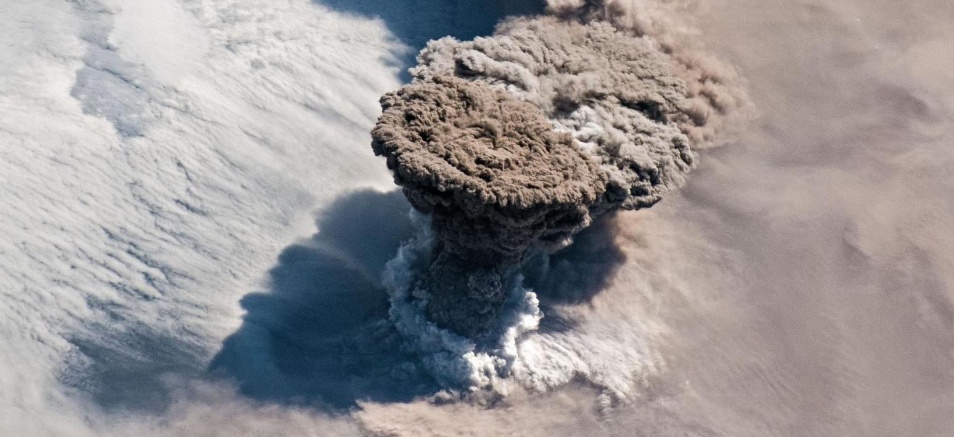Avoidable deaths – volcanoes kill more people long after first eruption

The drawn-out nature of volcanic eruptions can cause more fatalities than the seemingly brief explosion itself, according to a study by researchers from the United Kingdom and Trinidad and Tobago published on August 14, 2019.
Residents who live within the vicinity of active volcanoes choose to remain in high danger zones during an eruption despite the risks.
According to studies, between 15% and 85% of evacuated inhabitants go back to hazardous areas while still under warning.
The research team examined the impacts of past eruptions on areas around volcanoes in order to understand how to protect people and livelihoods in the midst of eruptions.
They investigated the circumstances of human fatalities from all volcanic explosions worldwide, with available information over a 30-year period.
The team also conducted interviews with victims who endured prolonged volcanic activity in Latin America and the Caribbean. Lastly, the researchers gathered existing case studies and investigated the communities that experienced recent volcanic eruptions.
According to the data, about 75% of the casualties occurred inside a zone where people had been asked to evacuate. Over 90% of the victims were those who were trying to protect their properties or part of activities that improved their livelihoods. More than 70% of the total fatalities happened a week or more after the first eruption, even though there were still warnings.
The team said that their interviews with the victims provided them a better insight into the pressures that might have made them commit the risky actions.

Most people who decided to go back to the evacuation zones know the risk but they were apparently pressured to protect animals, livelihoods, assets, or crops. Only a few came back out of curiosity, but most of them returned simply because aside from protecting properties, they wanted to be with their community and seek relief in their homes.
Another factor that contributes to people leading to the risky decision is the difficult situations in evacuation centers.
For instance, after the Soufriere Hills Volcano on Montserrat erupted in 1995, people tried to survive in shelters where there was a short food supply. Two years later, in 1997, the people affected returned to the evacuated zone to harvest crops for their families and others. 19 people were then killed during an upsurge in activity in the evacuation zone on June 1997.
Reference:
"Livelihoods, Wellbeing and the Risk to Life During Volcanic Eruptions" – Jenni Barclay, et al. – Frontiers in Earth Science (2019) – DOI: 10.3389/feart.2019.00205
Summary
The main implication from our analysis is that those coping with volcanic risk should move away from frameworks that express zero tolerance for the loss of life as a central goal to ones that recognize the ‘minimization of risk.’ Such frameworks should place a focus on the best possible life outcomes in the face of volcanic activity, recognizing that risk to life is also minimized by ensuring positive outcomes for livelihoods, wellbeing, and security.
Analysis of the last 30 years of outcomes and practice suggests that important targets are:
(a) Shared knowledge of the push and pull factors that impact on decision-making and their dynamics over the lifetime of an eruptive episode;
(b) Improved understanding of evacuation time-scales that are robust to likely and less likely variations of eruptive activity and their associated warning signals and uncertainties;
(c) Robust development of a ‘risk culture’ that includes scientific and community experience of creating the best possible life outcomes in the face of volcanic activity.
Featured image credit: NASA

Commenting rules and guidelines
We value the thoughts and opinions of our readers and welcome healthy discussions on our website. In order to maintain a respectful and positive community, we ask that all commenters follow these rules:
We reserve the right to remove any comments that violate these rules. By commenting on our website, you agree to abide by these guidelines. Thank you for helping to create a positive and welcoming environment for all.